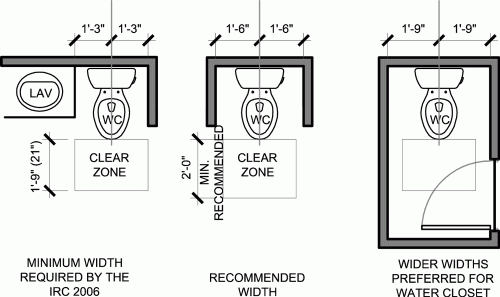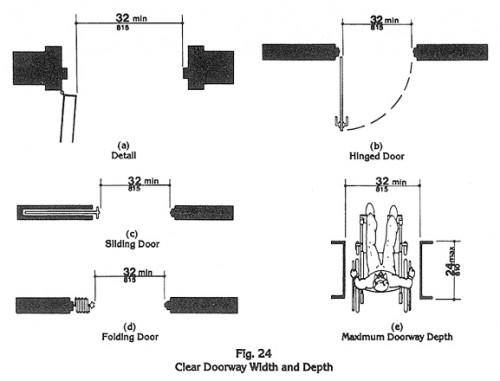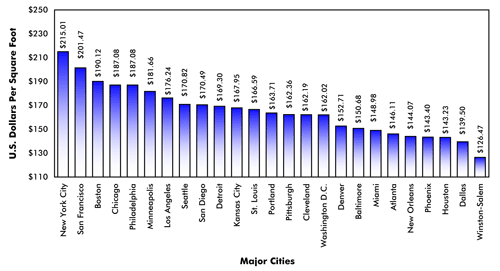One of the more important qualifications on my architectural resume is having an NCARB Certificate. But what exactly is an NCARB certificate, who needs one and how do you get one?
NCARB is the National Council of Architectural Registration Boards. NCARB is a non-profit federation of architectural boards that promotes standards between boards and is an essential part of architectural licensure in most states. They keep records for the Intern Development Program that most states require for licensure and they also issue NCARB Certificates.
The reason to have an NCARB Certificate is that it is necessary for reciprocal licensure in many states. If an architect does not have an NCARB Certificate there are certain states they cannot obtain an architectural license in. In addition, it is generally the shortest route to reciprocal licensure, even in states that have multiple routes. For some states it is the only requirement, while some require state specific tests, interviews or references.
The normal process for obtaining an NCARB Certificate is to have an NAAB or CACB accredited architecture degree, complete the Intern Development Program, pass all of the divisions of the Architectural Registration Exam, receive a license in a state and then apply for the certificate. You also have to pay all the fees.
And that leads us to the reason that many architects do not have an NCARB Certificate. Some do not have all of the qualifications and many don’t like the fees. Currently an NCARB Certificate costs $225 per year to maintain along with $400 each time it is sent to a registration board. For architects that only work in one state or work in a capacity where they do not stamp drawings its a hard cost to justify. But when they do need one it could cost them up to $1,500 to get back into the program.
At EVstudio, as a principal and architect, the responsibility for architectural licensure in new states falls to me, so I keep my NCARB Certificate active. When we have potential projects in states where we are not licensed, it gives us a direct path to licensure and the ability to serve clients in those states.








